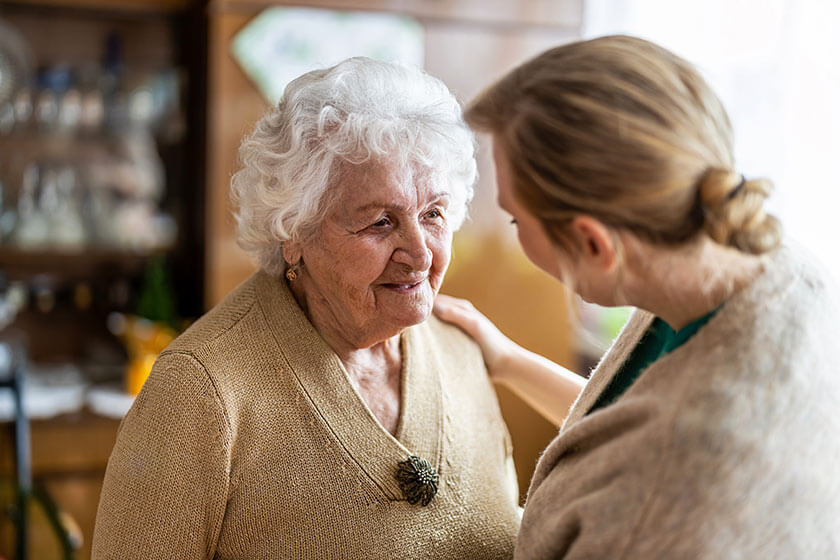One of the best ways to care for your aging loved one is to become their primary caregiver, but what does this entail? Whether you’re taking care of an elderly parent or spouse or helping out a relative who lives far away, you’ll want to make sure you know your duties and responsibilities as a senior caregiver so that you can provide the best possible care.
Assess Medical Needs
When caring for aging family members, you are responsible for assessing their medical needs. However, it is not always easy to determine if your loved one is suffering from an illness or if their health has declined due to old age. When you think something may be wrong with your loved one, seek medical attention right away. You can either take them to see their primary care physician or take them directly to an emergency room for treatment. The sooner a doctor examines them, the sooner they can receive proper care.
Prepare A Care Plan
The primary caregiver for aging family members will be responsible for performing all tasks required to keep their loved ones safe and healthy. This includes tending to groom needs, administering medications, dispensing medical advice, keeping track of appointments, bathing and dressing them, maintaining housekeeping standards within their home, keeping an eye on food intake for weight management purposes, and even accompanying them to doctor’s appointments.
Assist With Basic Needs
As your senior loved one’s primary caregiver, you’ll be responsible for helping them with their basic needs. If they require assistance with hygiene or dressing, it may be your job to help them in these areas. Doing things like buttoning shirts, tying shoes, or putting on pants can sometimes be difficult for family members due to arthritis or other physical issues. Make sure you’re able to do these things without any issue before assuming responsibility for assisting with basic needs. If you can’t provide assistance in certain areas, consider hiring someone else to do so.
Provide Companionship
Being a senior caregiver also means providing companionship. Family members often find themselves as primary because they are constantly busy with their job or other personal obligations. This can make it difficult to provide consistent one-on-one time with your loved one. To get around these issues, try getting friends or neighbors involved in giving companionship. Have them come by on specific days of the week to spend time with your loved one while you’re away at work or engaged in other activities.
Help With Housekeeping
An important part of being a senior caregiver is helping with housekeeping. This could include making sure common areas like living rooms, kitchens, and hallways are tidy and clean. If your loved one is experiencing difficulty with mobility or difficulty using certain pieces of equipment (such as ovens), you might even be asked to help out with cleaning those things as well. A good caregiver will be able to help you clean these spaces safely (and, ideally, even efficiently) so that your loved one can maintain her independence as much as possible.
Monitor Medications
A primary caregiver for aging family members must monitor medications daily. Make sure you know all your loved one’s medications, dosage times, and purpose. Many older adults mistakenly believe they are taking prescription drugs when they are not, making it more difficult to detect an actual medication error. Taking note of any changes in energy level or behavior is also essential; these can be signs that your loved one isn’t tolerating their medications well or that they’re suffering from side effects that require attention. Be sure to share concerns with medical professionals to address any issues as quickly as possible.







